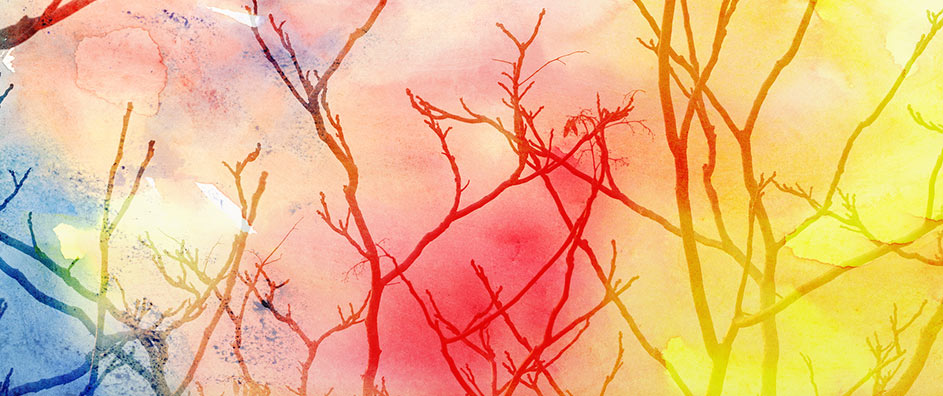The inquiry into whether we are descendants of our mothers or fathers transcends mere biological genealogy, delving into the realms of philosophy, spirituality, and cultural heritage. Within the framework of Bahá’í teachings, this concept invites reflection on the multifaceted dimensions of parenthood, lineage, and identity, underscoring the value of both maternal and paternal influences in shaping individuals and communities. Herein, we will explore the various thematic elements that emerge from this inquiry, encapsulating diverse perspectives that illuminate the essence of our existence as descendants.
To commence, it is imperative to consider the foundational beliefs of the Bahá’í Faith concerning the nature of humanity. The teachings emphasize that all individuals, irrespective of their parental lineage, are united in the fundamental principle of oneness. This profound unity posits that our worth is not predicated upon our biological ties to either parent but rather on our shared human spirit. Consequently, whether one identifies more closely with their mother or father, the core essence of Bahá’í teachings elucidates that both parental influences contribute to the holistic development of an individual.
Interwoven with the notion of oneness is the concept of duality in creation. In Bahá’í thought, the masculine and feminine principles are seen as complementary forces that balance the universe. This dualistic perspective invites contemplation regarding the respective roles of mothers and fathers. Mothers, often associated with nurturing and compassion, embody qualities that cultivate emotional well-being and spiritual growth. Their influence imparts a sense of security and belonging, which is pivotal during the formative stages of life. Meanwhile, fathers are frequently viewed as figures of strength and guidance, providing a framework of support that encourages resilience and exploration.
As we dissect the philosophical underpinnings established by Bahá’í teachings, it becomes evident that both maternal and paternal legacies are essential to the continuity of human civilization. The teachings proclaim that each individual possesses inherent potential, which is often catalyzed by the nurturing received from both parents. This does not merely concern material support but extends into the realms of moral and spiritual development. The values instilled by each parent are integral to shaping character, ethics, and aspirations.
Furthermore, we must contemplate the implications of societal constructs surrounding parenthood. Culturally, the emphasis placed on maternal lineage can sometimes overshadow the contributions of fathers. However, Bahá’í teachings advocate for a balanced recognition of both figures, encouraging communities to honor and uphold the dignity of mothers and fathers alike. This approach challenges entrenched stereotypes and fosters a more inclusive understanding of familial dynamics.
In the context of lineage, explorations of ancestry reveal the layers of identity that inform our understanding of self. While one may hold a genetic resemblance to one parent over the other, the Bahá’í perspective posits that lineage extends beyond mere physical attributes. Spiritual heritage, encapsulated in the teachings of the Faith, carries profound significance. The legacies of both mothers and fathers, rooted in their own spiritual journeys and the virtues they embody, are carried forth through their descendants. This spiritual lineage influences not only individual actions but also the collective ethos of communities.
Moreover, the dynamics of parental roles in diverse family structures cannot be overlooked. In an era of evolving definitions of parenthood, the Bahá’í teachings advocate for the recognition of all forms of families, whether they be traditional, single-parent, or blended. Each configuration can provide a nurturing environment where both maternal and paternal qualities can be manifested, irrespective of biological connections. This flexibility aligns with the fundamental Bahá’í principle of equality, promoting an understanding that love and guidance can emanate from anyone who assumes a parental role.
As we reflect on the emotional dimensions of being a descendant, it is vital to acknowledge the psychological effects of parental influence. The bond that exists between a child and each parent can shape personal identity and emotional health. Understanding the influences of one’s mother or father, whether through direct interaction or through cultural narratives, plays a significant role in how individuals navigate their worlds. The Bahá’í teachings encourage mindfulness of these relationships, advocating for a proactive approach to fostering communication and understanding, thereby enriching familial connections.
In discussions regarding descendants, it is also worthwhile to investigate the implications of legacy—what we inherit and what we choose to pass on. The values and teachings infused by both parents mold an individual’s worldview. The nurturing environment created by a mother might elicit compassion and empathy, while a father’s instilled sense of justice may encourage fairness and integrity. Together, these attributes can empower future generations to effectuate positive change within society.
Finally, as we conclude this exploration, we must return to the central theme of unity within diversity—a cornerstone of Bahá’í belief. The question of whether we are descendants of our mothers or fathers can hardly be answered without recognizing the complexity inherent in human relationships. Both parents enrich our lives, providing a tapestry of experiences that shape who we are. Rather than prioritizing one lineage over the other, the synthesis of maternal and paternal attributes serves to enhance the richness of our identity as we navigate our unique paths. Each individual reflects a multitude of ancestral influences, emerging as a testament to the profound interconnectedness of humanity.
